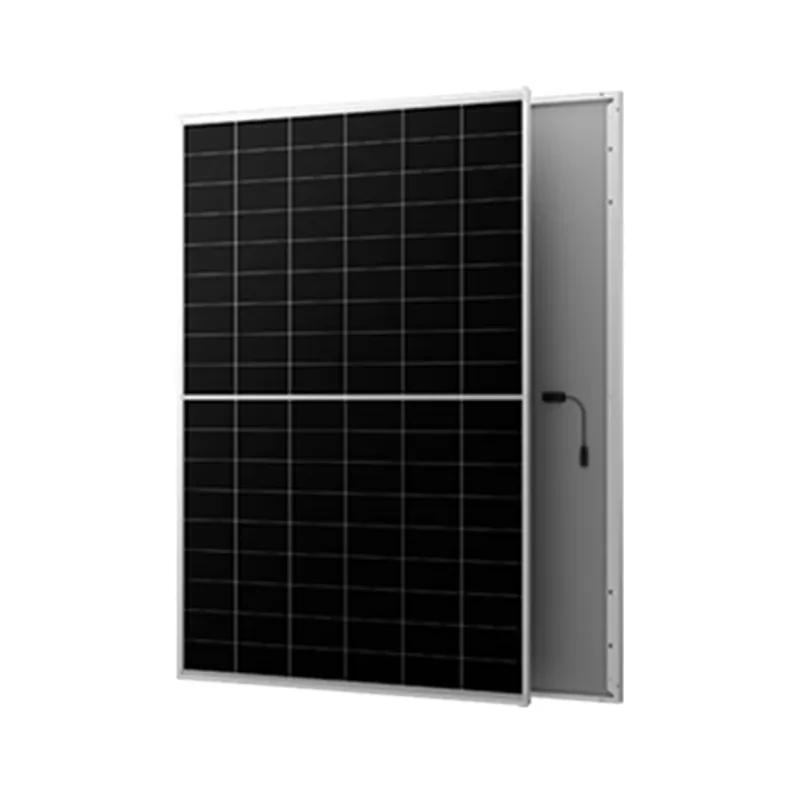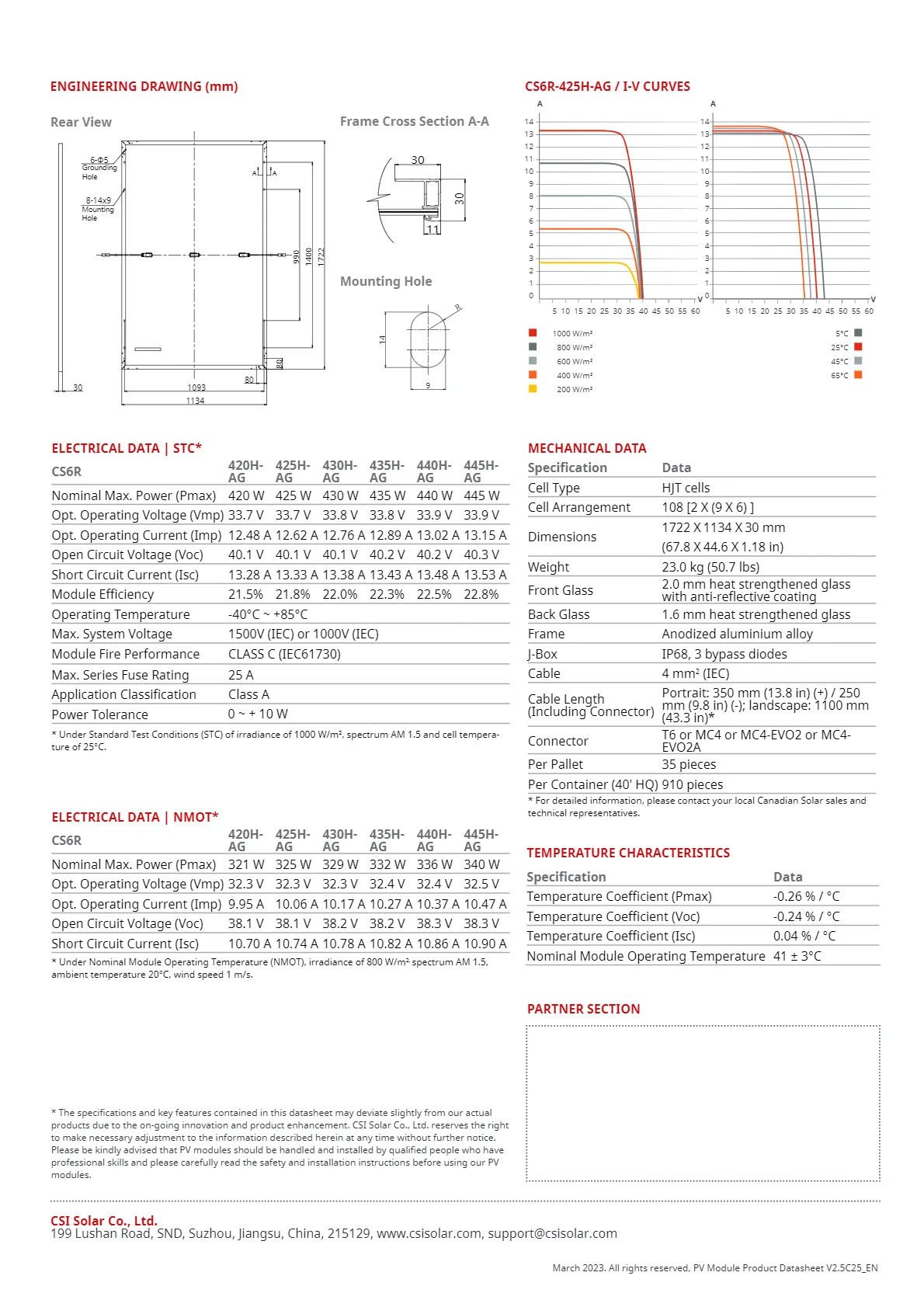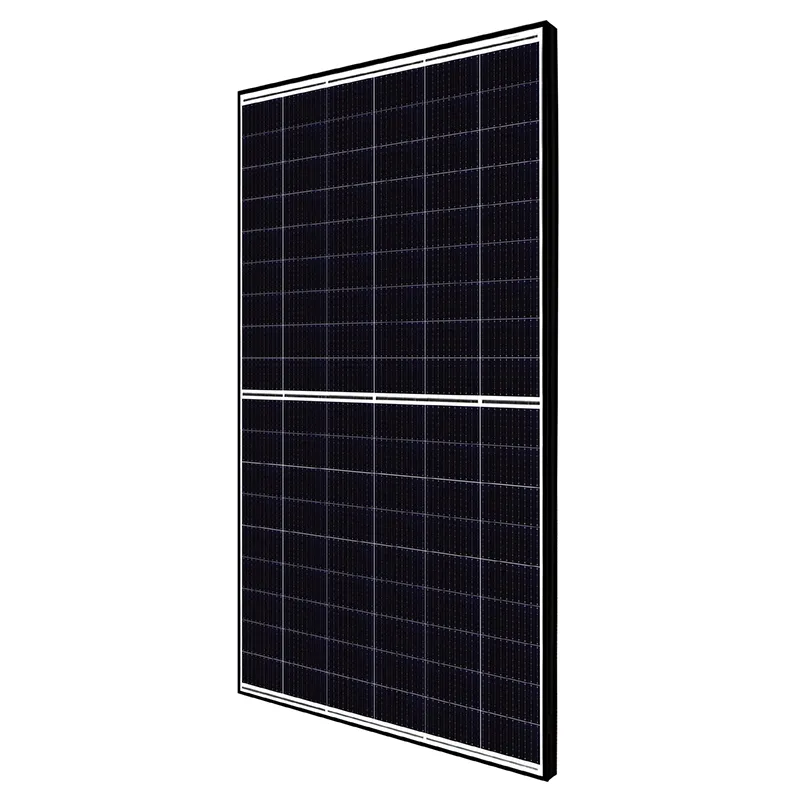Antibiotics work by targeting and killing bacteria, which is indeed beneficial in eliminating harmful pathogens. However, these medications are not selective; they can also disrupt the balance of the gut microbiota. The gut is home to trillions of bacteria, both beneficial and harmful, and a healthy bacterial balance is crucial for digestion, nutrient absorption, and overall health. When antibiotics reduce the population of beneficial bacteria in the gut, it can lead to an overgrowth of potentially harmful bacteria or a dysbiosis, resulting in diarrhea.




